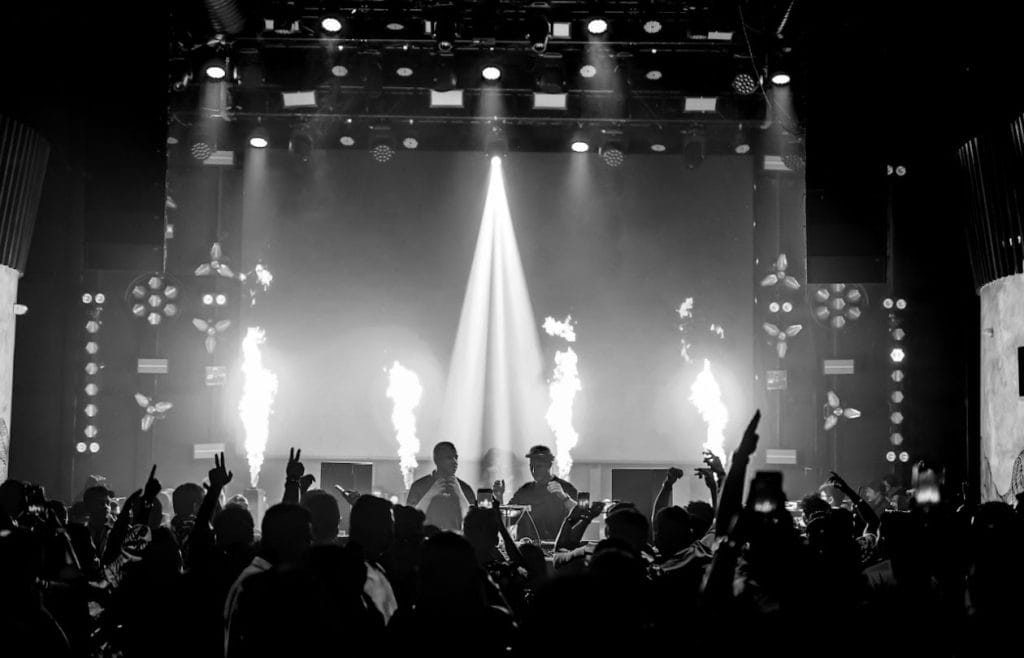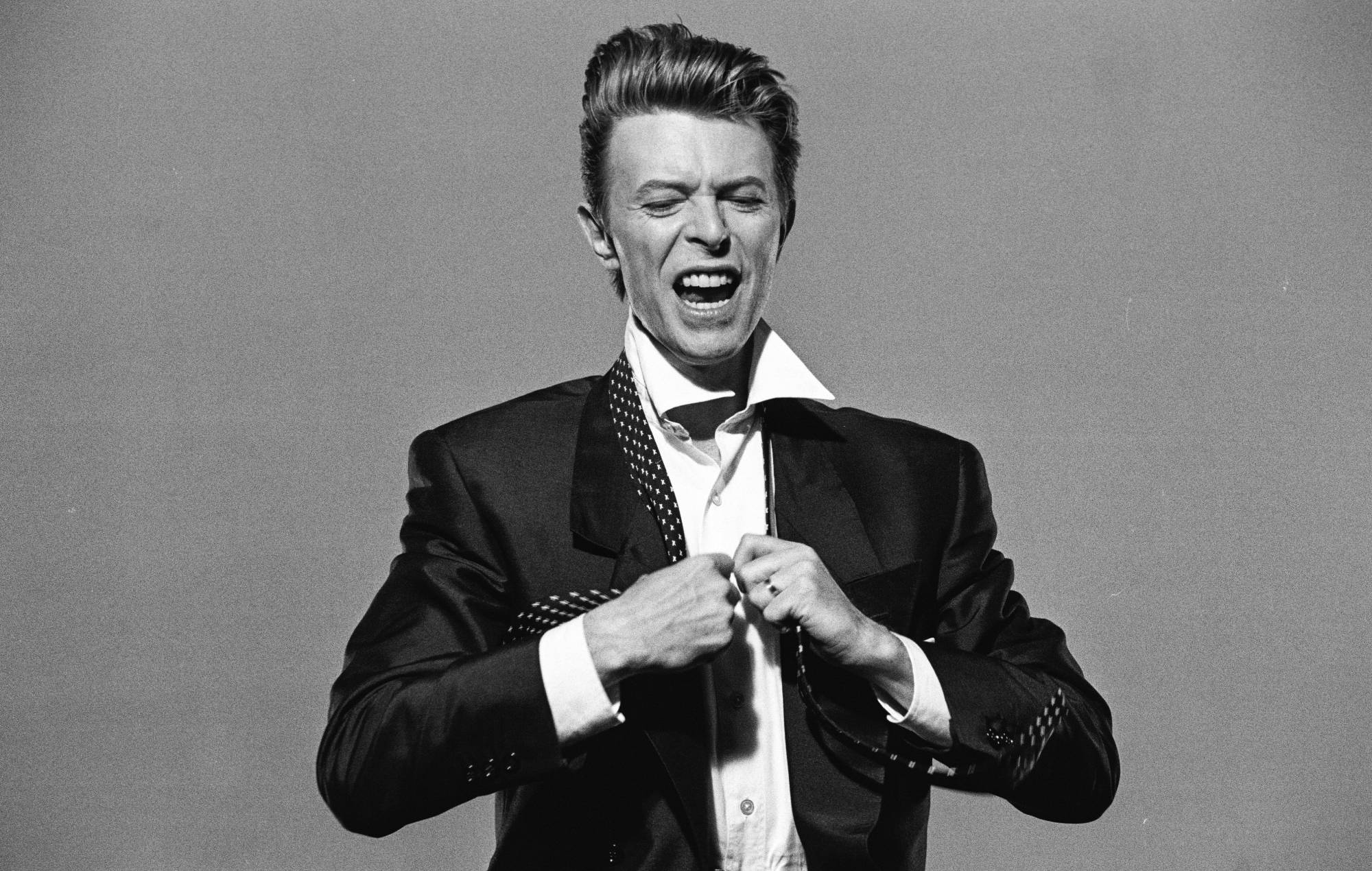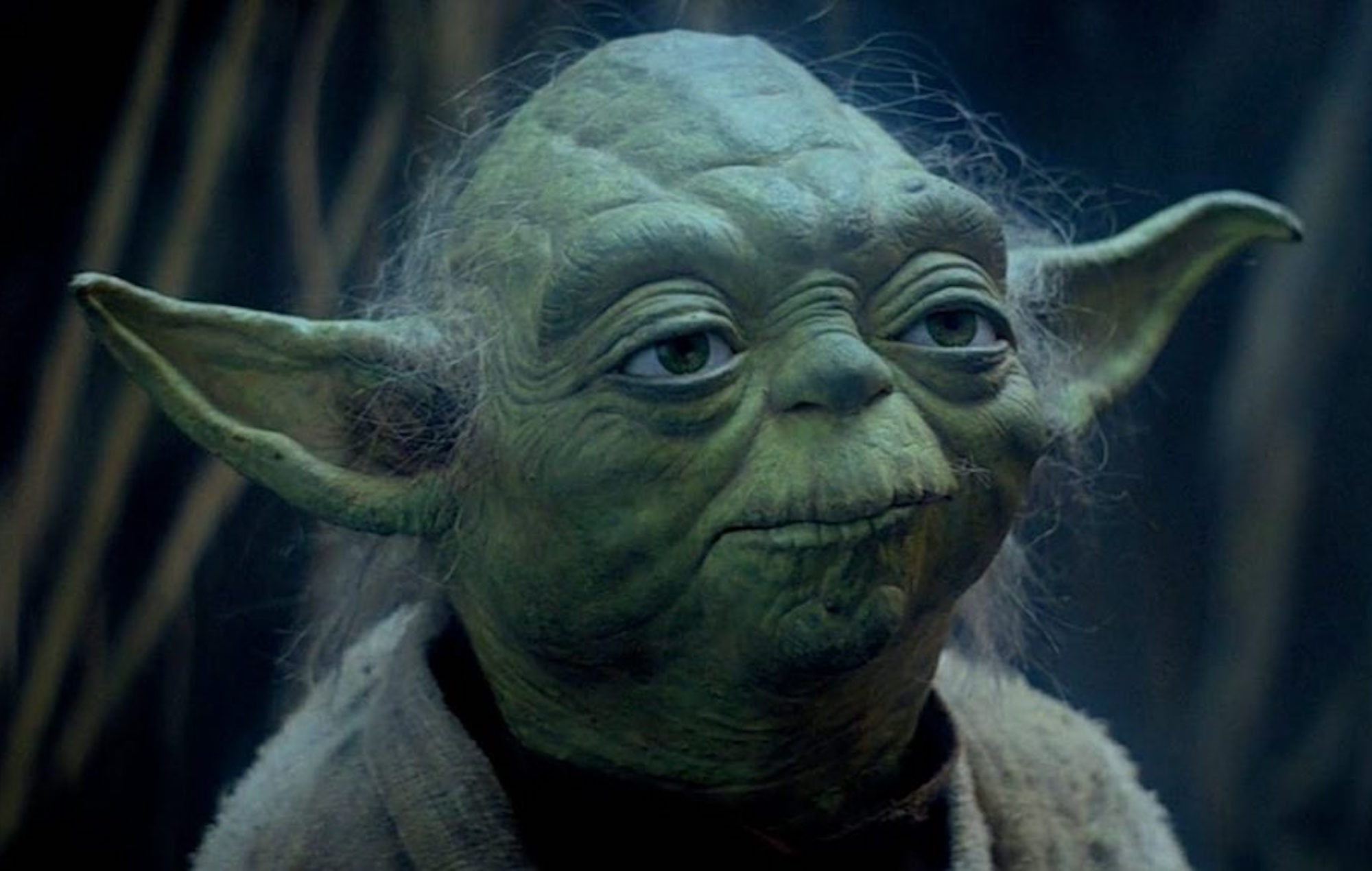Belgian duo Senses Of Mind has never been interested in short-term peaks. Their new single “Lost,” a collaboration with UK-based singer-songwriter Alexander Scott, is the first release on their newly launched label MOATA—a project built as much on intention as it is on impact. The track is warm and emotionally saturated, fusing melodic house textures with indie-style vocal phrasing and a distinctly cinematic atmosphere.
“Lost” arrives with a mission statement. MOATA, short for “Taming Flames,” aims to build community through sound, with planned showcases in Malta, Ibiza, and Amsterdam in 2025.
The track is a strong opening act, blurring genre edges while drawing out deeply human themes: longing, inner friction, and the moment right before clarity arrives. That tension extends into Senses Of Mind’s approach to creativity too, which values pauses, perspective, and the willingness to wait for something real instead of rushing output for the sake of it.
We caught up with the duo to talk about guilt, rhythm, creative rest, and why momentum doesn’t always look like forward motion.
How do you recognize when it’s time to step back from output and focus on input or rest?
We’ve learned that when creativity starts to feel forced or when ideas don’t land with the same energy, it’s a clear sign we need to hit pause.
That’s usually when we take a step back and reconnect with the things that inspire us like nature, films, conversations, or simply silence. Our bodies and minds usually send subtle cues. Recognizing those early keeps us from burning out. We’re not machines, and music isn’t just about output. It’s about translating emotion, which you can’t fake. Rest and input are part of the process, not separate from it.
The best ideas often come during these in-between moments.
What helps you avoid guilt during periods where you’re not actively creating?
We used to struggle with that guilt, especially in a culture that glorifies constant hustle.
But over time, we’ve redefined productivity: resting, reflecting, and experiencing life are part of being an artist. When we remind ourselves that creativity needs space to breathe, the guilt fades. It also helps to remember our favorite tracks were born after a period of pause or exploration. In those still moments, we’re sharpening our vision and emotional vocabulary, not wasting time. That mindset shift makes it easier to embrace the quiet.
How do you make space for listening, learning, or silence without losing momentum?

We actually schedule days for deep listening, crate digging, or even going to museums or nature spots—any place that brings new perspectives.
Those moments aren’t distractions but they’re the fuel we need. We also talk a lot between the two of us about what we’re hearing and feeling. That ongoing dialogue keeps the engine running, even if we’re not actively producing. Momentum doesn’t always mean forward motion, it can also mean building pressure behind the scenes, waiting for the right moment to flow.
That’s how MOATA came to life.
Have you ever hurt your progress by forcing work when your head wasn’t in it?
Definitely. We’ve both had sessions where we pushed through just to feel like we were doing something—but the results usually lacked soul. It’s easy to get caught up in productivity for its own sake, especially when deadlines or pressure creep in. But the truth is, forcing things rarely leads to music we’re proud of.
We’ve learned that walking away, even for a few hours, often does more good than powering through. Our best work, like “Lost,” came from sessions where we felt aligned emotionally and mentally. That alignment is what matters.
What signals tell you it’s time to shift your creative pace—faster or slower?
The signals are subtle, but they’re there. Sometimes we feel hyper and inspired and ideas flood in, and other times it’s like walking through mud. When things flow effortlessly, we ride and go all in. Emotional intuition plays a big role and we don’t ignore those internal nudges anymore.
Our pace is fluid, guided by how we feel rather than a rigid schedule. We try to respect that rhythm instead of fighting it, which ultimately keeps our output more honest and exciting.
Do you plan for these shifts, or do they show up naturally in your workflow?
It’s a mix of both. Over time, we’ve become more aware of our natural creative cycles, so now we plan in a loose sense—like building in space after a big release or gig to recharge. But inspiration doesn’t run on a strict schedule, so we also leave room for spontaneity. When a spark hits, we make sure everything’s in place to act on it.
And when it doesn’t, we’re okay with taking a step back. There’s a rhythm to our process—it’s more like a tide than a calendar. That flexibility keeps us creatively sharp without burning out.
What would you tell someone who thinks they need to be “on” all the time to grow?
Growth doesn’t only happen when you’re grinding, it often happens in the quiet moments you don’t post about. Being “on” all the time might feel productive, but it can kill your spark if you’re not careful.
Real evolution as an artist comes from experimentation, even making mistakes. It’s a long game, and the most powerful voices in music didn’t get there by chasing every trend. Rest, silence, and even boredom can lead to big breakthroughs. Trust your process and know that stepping back is sometimes the most important move forward.
The post Launching MOATA with “lost,” Senses of Mind leans into emotion over urgency appeared first on Magnetic Magazine.



